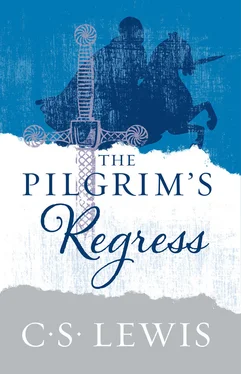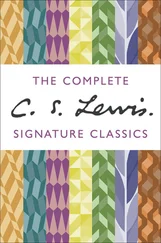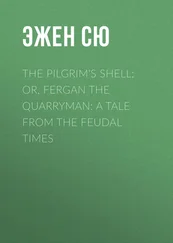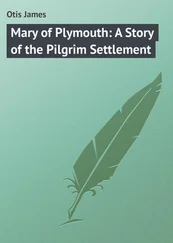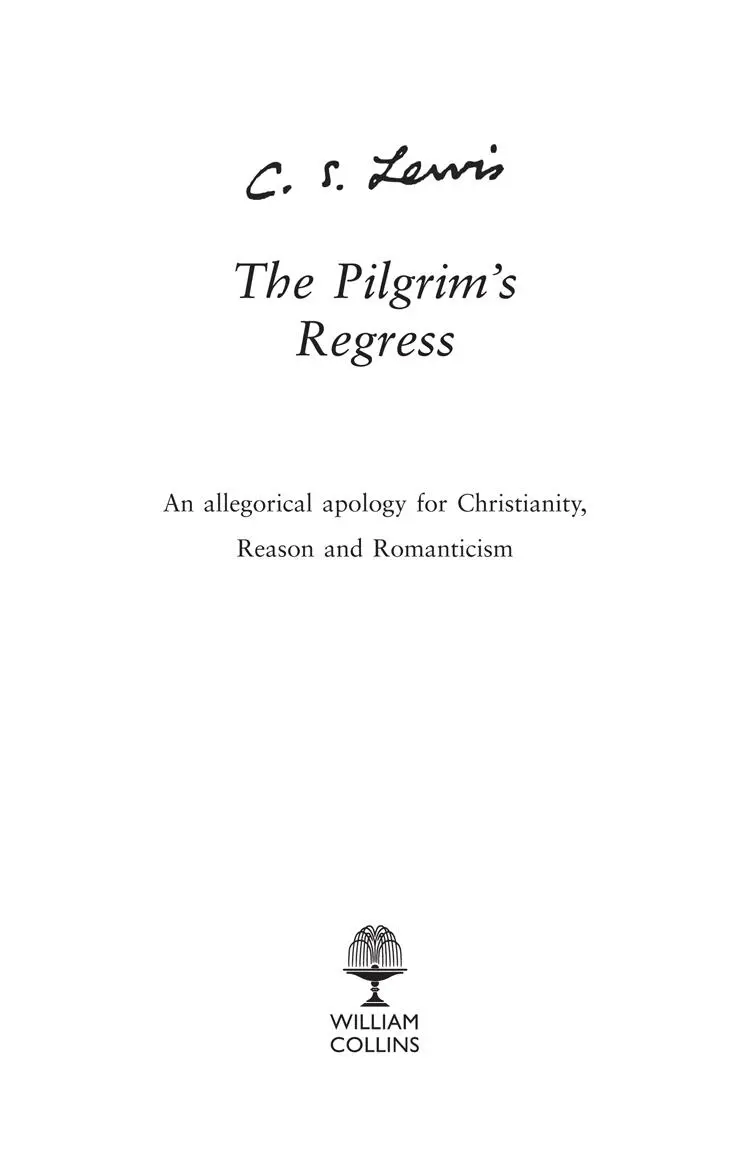
COPYRIGHT
William Collins
An imprint of HarperCollins Publishers
1 London Bridge Street
London SE1 9GF
www.williamcollinsbooks.com
This eBook first published in Great Britain by William Collins in 2018
1
First published in Great Britain by
Geoffrey Bles 1952
Copyright © 1933 C.S. Lewis Pte Ltd
A catalogue record for this book is available from the British Library
Cover design and illustration by
Kimberly Glyder
All rights reserved under International and Pan-American Copyright Conventions. By payment of the required fees, you have been granted the non-exclusive, non-transferable right to access and read the text of this e-book on-screen. No part of this text may be reproduced, transmitted, down-loaded, decompiled, reverse engineered, or stored in or introduced into any information storage and retrieval system, in any form or by any means, whether electronic or mechanical, now known or hereinafter invented, without the express written permission of HarperCollins
Source ISBN: 978-0-00-825458-2
Ebook Edition © May 2018 ISBN: 9780008277918
Version: 2018-05-17
DEDICATION
To Arthur Greeves
MAP
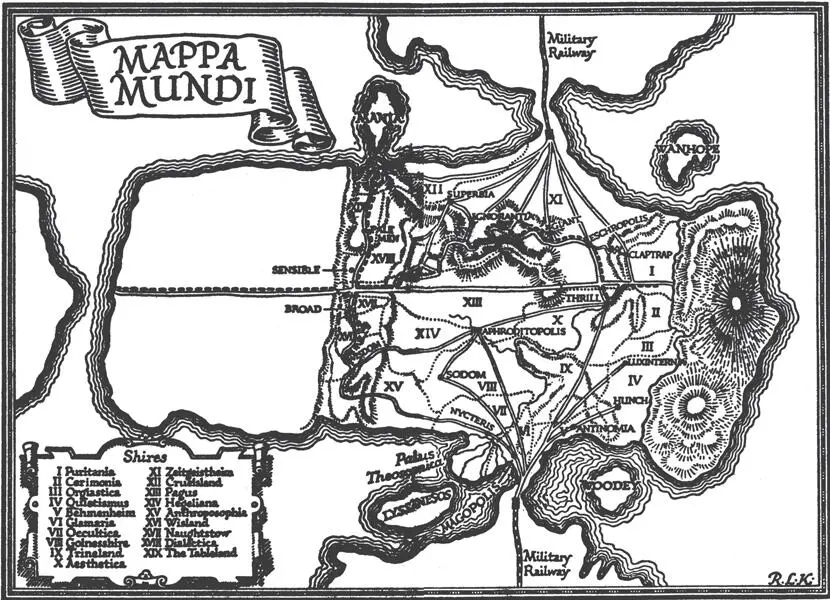
PREFACE TO THE THIRD EDITION
On re-reading this book ten years after I wrote it, I find its chief faults to be those two which I myself least easily forgive in the books of other men: needless obscurity, and an uncharitable temper.
There were two causes, I now realise, for the obscurity. On the intellectual side my own progress had been from ‘popular realism’ to Philosophical Idealism; from Idealism to Pantheism; from Pantheism to Theism; and from Theism to Christianity. I still think this a very natural road, but I now know that it is a road very rarely trodden. In the early thirties I did not know this. If I had had any notion of my own isolation, I should either have kept silent about my journey or else endeavoured to describe it with more consideration for the reader’s difficulties. As things were, I committed the same sort of blunder as one who should narrate his travels through the Gobi Desert on the assumption that this route was as familiar to the British public as the line from Euston to Crewe. And this original blunder was soon aggravated by a profound change in the philosophical thought of our age. Idealism itself went out of fashion. The dynasty of Green, Bradley, and Bosanquet fell, and the world inhabited by philosophical students of my own generation became as alien to our successors as if not years but centuries had intervened.
The second cause of obscurity was the (unintentionally) ‘private’ meaning I then gave to the word ‘Romanticism’. I would not now use this word to describe the experience which is central in this book. I would not, indeed, use it to describe anything, for I now believe it to be a word of such varying senses that it has become useless and should be banished from our vocabulary. Even if we exclude the vulgar sense in which a ‘romance’ means simply ‘a love affair’ (Peer and Film Star Romance) I think we can distinguish at least seven kinds of things which are called ‘romantic’.
1. Stories about dangerous adventure – particularly, dangerous adventure in the past or in remote places – are ‘romantic’. In this sense Dumas is a typically ‘romantic’ author, and stories about sailing ships, the Foreign Legion, and the rebellion of 1745, are usually ‘romantic’.
2. The marvellous is ‘romantic’, provided it does not make part of the believed religion. Thus magicians, ghosts, fairies, witches, dragons, nymphs, and dwarfs are ‘romantic’; angels, less so. Greek gods are ‘romantic’ in Mr James Stephens or Mr Maurice Hewlett; not so in Homer and Sophocles. In this sense Malory, Boiardo, Ariosto, Spenser, Tasso, Mrs Radcliffe, Shelley, Coleridge, William Morris, and Mr E. R. Eddison are ‘romantic’ authors.
3. The art dealing with ‘Titanic’ characters, emotions strained beyond the common pitch, and high-flown sentiments or codes of honour is ‘romantic’. (I welcome the growing use of the word ‘Romanesque’ to describe this type.) In this sense Rostand and Sidney are ‘romantic’, and so (though unsuccessfully) are Dryden’s Heroic Dramas, and there is a good deal of ‘romanticism’ in Corneille. I take it that Michelangelo is, in this sense, a ‘romantic’ artist.
4. ‘Romanticism’ can also mean the indulgence in abnormal, and finally in anti-natural, moods. The macabre is ‘romantic’, and so is an interest in torture, and a love of death. This, if I understand them, is what M. Mario Praz and M. D. de Rougemont would mean by the word. In this sense Tristan is Wagner’s most ‘romantic’ opera; Poe, Baudelaire, and Flaubert, are ‘romantic’ authors; Surrealism is ‘romantic’.
5. Egoism and Subjectivism are ‘romantic’. In this sense the typically ‘romantic’ books are Werther and Rousseau’s Confessions, and the works of Byron and Proust.
6. Every revolt against existing civilisation and conventions whether it looks forward to revolution, or backward to the ‘primitive’ is called ‘romantic’ by some people. Thus pseudo-Ossian, Epstein, D. H. Lawrence, Walt Whitman, and Wagner are ‘romantic’.
7. Sensibility to natural objects, when solemn and enthusiastic, is ‘romantic’. In this sense The Prelude is the most ‘romantic’ poem in the world: and there is much ‘romanticism’ in Keats, Shelley, de Vigny, de Musset, and Goethe.
It will be seen, of course, that many writers are ‘romantic’ on more than one account. Thus Morris comes in my first class as well as my second, Mr Eddison in my second as well as my third, Rousseau in my sixth as well as my fifth, Shelley in my sixth and fifth, and so on. This may suggest some common root, whether historical or psychological, for all seven: but the real qualitative difference between them is shown by the fact that a liking for any one does not imply liking for the others. Though people who are ‘romantic’ in different senses may turn to the same books, they turn to them for different reasons and one half of William Morris’s readers do not know how the other half live. It makes all the difference in the world whether you like Shelley because he provides a mythology or because he promises a revolution. Thus I myself always loved the second kind of Romanticism and detested the fourth and fifth kinds; I liked the first very little and the third only after I was grown-up – as an acquired taste.
But what I meant by ‘Romanticism’ when I wrote The Pilgrim’s Regress – and what I would still be taken to mean on the title page of this book – was not exactly any one of these seven things. What I meant was a particular recurrent experience which dominated my childhood and adolescence and which I hastily called ‘Romantic’ because inanimate nature and marvellous literature were among the things that evoked it. I still believe that the experience is common, commonly misunderstood, and of immense importance: but I know now that in other minds it arises under other stimuli and is entangled with other irrelevancies and that to bring it into the forefront of consciousness is not so easy as I once supposed. I will now try to describe it sufficiently to make the following pages intelligible.
The experience is one of intense longing.
Читать дальше
